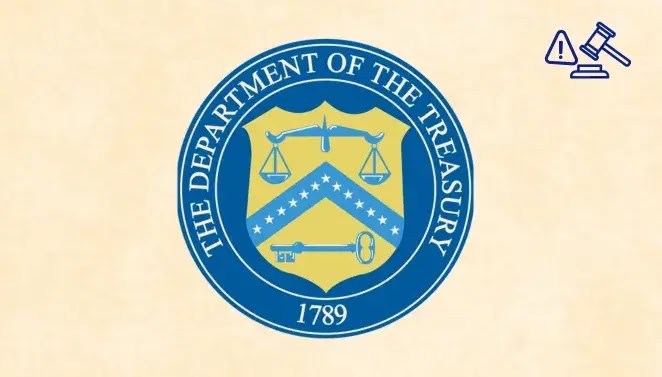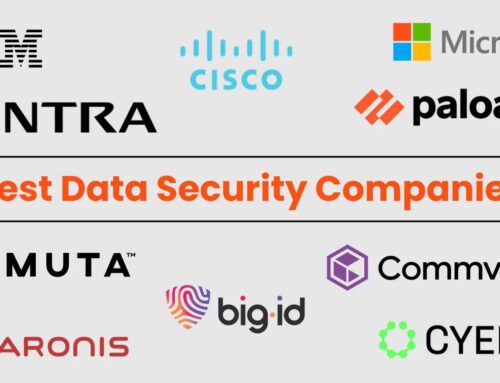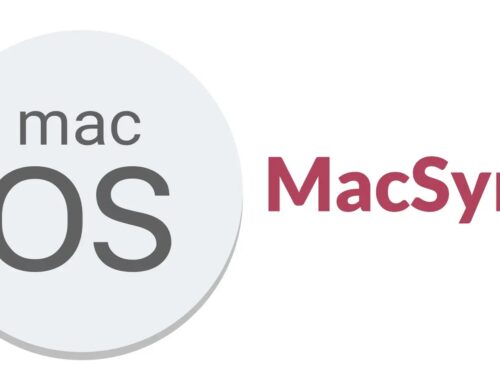
Authorities Sanctioned Russia-based Bulletproof Hosting Provider for Supporting Ransomware Operations
Unmasking the Enablers: Sanctions Hit Bulletproof Hosting Provider Supporting Ransomware
The digital underworld thrives on anonymity and infrastructure designed to evade detection. For years, ransomware groups, cybercriminals, and other malicious actors have relied on a shadowy network of services to launch their attacks, exfiltrate data, and extort victims. Among the most critical of these services are so-called “bulletproof hosting providers.” Recently, a significant blow was dealt to this ecosystem with coordinated international sanctions targeting Media Land, a Russia-based bulletproof hosting company accused of directly facilitating ransomware operations.
What is Bulletproof Hosting and Why is it a Threat?
Bulletproof hosting refers to specialized server infrastructure and services offered by providers who explicitly tolerate or actively enable illicit activities on their networks. Unlike legitimate hosting providers who quickly shut down abusive content, bulletproof hosts turn a blind eye, or even provide technical assistance, to cybercriminals. Their services are designed with resilience and evasion in mind, making it exceptionally difficult for law enforcement to take down malicious infrastructure.
These providers often:
- Ignore or delay responses to abuse complaints.
- Host command-and-control (C2) servers for ransomware.
- Provide infrastructure for phishing campaigns and malware distribution.
- Offer encrypted communication channels and VPNs tailored for illicit use.
- Relocate servers frequently to avoid detection.
The existence of such services significantly complicates cybersecurity efforts, providing a critical lifeline for ransomware gangs, state-sponsored attackers, and various other malicious entities.
Coordinated International Action Against Media Land
In a landmark move, the U.S. Department of the Treasury, in collaboration with Australia and the United Kingdom, announced coordinated sanctions against Media Land. This action underscores a growing international commitment to disrupting the financial and infrastructural support systems of cybercrime. The sanctions specifically target Media Land for providing infrastructure crucial to numerous ransomware campaigns and other cybercriminal activities.
The U.S. Federal Bureau of Investigation (FBI) also played a coordinating role in this action, extending its reach to target the company’s leadership team and related entities. This multi-pronged approach aims to dismantle not just the technical infrastructure but also the financial networks and key individuals behind these illicit services.
Such coordinated international pressure is vital. Cybercrime extends across borders, and effective countermeasures require a unified global response. By targeting enablers like Media Land, authorities aim to increase the operational costs and risks for cybercriminals, making it harder for them to conduct their malicious activities with impunity.
The Impact on the Ransomware Ecosystem
Sanctioning a prominent bulletproof hosting provider like Media Land can have several significant impacts on the broader ransomware ecosystem:
- Increased Operational Costs: Cybercriminals will be forced to seek out less reliable or more expensive alternatives, disrupting their established supply chains.
- Reduced Anonymity: With fewer robust bulletproof options, the risk of identification and apprehension for threat actors increases.
- Disrupted Operations: Active ransomware campaigns relying on Media Land’s infrastructure may experience disruptions, potentially giving victims a window to recover or preventing further damage.
- Deterrence: These actions send a strong message to other bulletproof hosting providers, demonstrating that enabling cybercrime carries serious legal and financial consequences.
- Intelligence Gathering: Law enforcement gains valuable intelligence by dismantling such operations, which can lead to further investigations and arrests of cybercriminals.
Remediation Actions and Best Practices for Organizations
While law enforcement actively targets the infrastructure of cybercrime, organizations must remain vigilant and bolster their defenses. Here are actionable steps to mitigate ransomware risks:
- Robust Backup Strategy: Implement a 3-2-1 backup rule (three copies of data, on two different media, with one copy offsite and offline). Regularly test backup recovery to ensure data integrity and availability.
- Endpoint Detection and Response (EDR): Deploy EDR solutions to monitor endpoints for suspicious activity, detect advanced threats, and enable rapid response to incidents.
- Network Segmentation: Isolate critical systems and sensitive data through network segmentation. This limits the lateral movement of ransomware within your network.
- Email Security: Implement advanced email filtering and anti-phishing solutions to block malicious emails, which are often the initial vector for ransomware.
- Vulnerability Management and Patching: Regularly patch and update all operating systems, applications, and networks devices. Unpatched vulnerabilities, such as those exploited by CVE-2017-0144 (EternalBlue) or CVE-2021-44228 (Log4Shell), are prime targets for ransomware.
- Security Awareness Training: Educate employees on phishing tactics, social engineering, and the importance of reporting suspicious activities. A human firewall is often the first line of defense.
- Multi-Factor Authentication (MFA): Implement MFA for all accounts, especially privileged access and remote access points, to prevent unauthorized access even if credentials are compromised.
- Incident Response Plan: Develop and regularly test a comprehensive incident response plan specifically for ransomware attacks. This plan should include communication strategies, recovery procedures, and post-incident analysis.
Continuing the Fight Against Cybercrime
The sanctions against Media Land represent a significant victory in the ongoing battle against ransomware and organized cybercrime. By targeting the fundamental infrastructure that enables these malicious activities, international authorities are raising the stakes for cybercriminals and disrupting their operations. However, the landscape of cyber threat is dynamic. Organizations must continue to strengthen their defenses and foster a proactive security posture. Collaboration between governments, law enforcement, and the private sector remains paramount in dismantling the complex networks that fuel global cybercrime.





